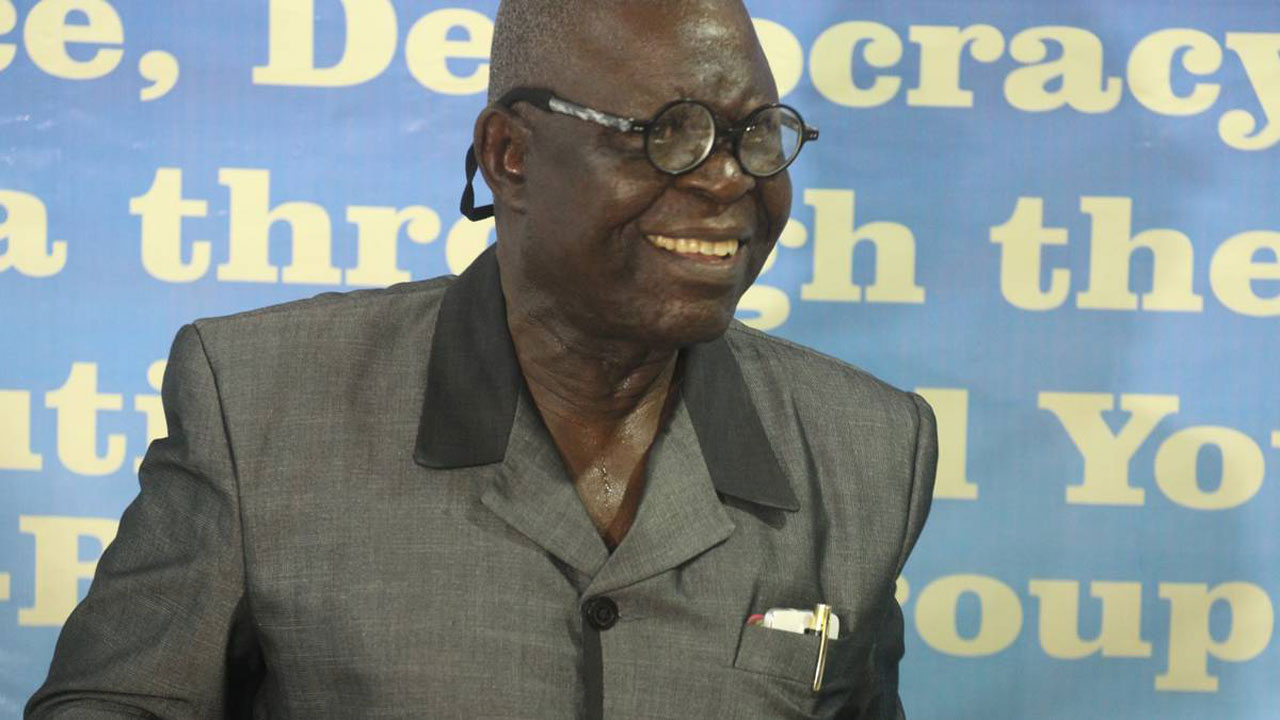
The data dilemma: At the heart of AI’s potential in healthcare lies data – vast amounts of it. Yet, across much of Africa, comprehensive digital health records remain scarce. Dr Zara Modibbo, Managing Partner at Débbo Africa, a leading Medtech company focused on women’s health, underscores a pressing issue: “In Nigeria, we often contend with fragmented and non-standardised health data. It’s akin to constructing a building without enough bricks.” The lack of comprehensive Electronic Medical Records (EMRs) and robust research data severely limits our ability to fully understand many conditions.
This data scarcity is far more than a technical challenge; it is a catalyst for deepening inequality. AI models trained on incomplete or biased data run the risk of not only reflecting but exacerbating existing disparities in healthcare access and outcomes. This shortfall could become a powerful driver of health inequities, widening the gap for those most in need.”
The human element – skills and cultural sensitivity: AI isn’t just about algorithms; it’s about people. Africa faces a critical shortage of AI specialists and digitally-trained healthcare professionals. Moreover, with over 3000 languages and diverse cultural norms, creating culturally sensitive AI is crucial. A diagnosis that works for a patient in Lagos might falter for another in Nairobi. We need to build AI that speaks the language of every community, both literally and figuratively.
Ethical considerations: In my opinion, this may be the greatest challenge we face in implementing AI. As these systems handle increasingly sensitive health data, questions of privacy, security, and ethical use are at the forefront. Health data is often considered as sensitive, if not more so, than financial data.
While a few African countries have begun developing AI governance frameworks, many others are lagging. More than a few countries across the continent still lack robust data protection laws.
How do we ensure patient data is protected? More importantly, how do we prevent AI from exacerbating biases in healthcare delivery? The ethical challenges extend beyond data privacy, but the bias perpetuated in the AI algorithms. An AI trained primarily on urban populations might make dangerous assumptions about rural health needs.
Legal accountability is another critical aspect that ties into the ethics, particularly in cases where AI-driven decisions result in harm. Who do we blame when something goes wrong? As we implement AI in healthcare, it’s essential to address these ethical, moral, technical, legal, and safety issues comprehensively.
Resource allocation: In a continent where basic healthcare needs often go unmet, investing in AI can seem like a luxury. But I see it differently. AI investment is like planting a tree – it might not bear fruit immediately, but it’s essential for future sustainability. Several first-world countries took similar steps in the late 1900s when it came to the Internet. It required a lot of investment, but they are now reaping the benefits of their investments.
While the challenges are significant, they are not insurmountable. Whether AI systems are developed locally or imported, they create numerous opportunities for local tech experts to contribute their talents without leaving the continent. This “last mile” implementation is often the most crucial.
As we navigate these challenges, we’re not just implementing AI; we’re pioneering a new approach to healthcare that could become a model for the world. The road ahead is complex, but the destination – saving lives, preventing diseases, empowering communities, and fostering local innovation – is worth every obstacle we overcome.
What’s Next? The bright opportunity for AI in African healthcare
The integration of AI into African healthcare systems presents a unique opportunity to leapfrog traditional infrastructure limitations and create innovative, tailored solutions. Here’s my perspective on what lies ahead and what needs to be done to realise this potential:
Personalised medicine: Unlocking Africa’s genetic diversity
Earlier on, I gave an idea of a healthcare system that speaks the unique genetic language of every African patient. That’s the promise of AI-driven personalised medicine in Africa. Here’s why this is a big deal: Africa hosts the world’s highest genetic diversity, yet less than 2 per cent of analysed genomes are from African individuals.
We’re already seeing promising starts. Organisations like the H3Africa Initiative has collected over 100,000 African genome samples. Now, picture AI algorithms sifting through this treasure trove of genetic data, uncovering patterns invisible to the human eye.
The potential impact? Treatments tailored to African genetics could dramatically improve outcomes for diseases like sickle cell anaemia, which affects up to one in 10 African births. A recent study showed that AI models trained on diverse genetic data can better predict Alzheimer’s disease risk in people of
African descent and those with mixed ancestry.
Feasibility? High, but with challenges. We need sustained investment in genomic data collection and AI model development whether it be through private or public funding. Ethical considerations around data privacy and benefit-sharing are crucial. But the payoff – a healthcare revolution tailored to African biology – is within reach.
AI in emergency response: A digital shield against outbreaks
Now, envision an AI system that can predict and track disease outbreaks faster than they can spread.
Africa has been ground zero for numerous disease outbreaks. But what if we could get ahead of the curve? That’s where AI comes in.
AI-based epidemic intelligence systems such as ProMED-mail, HealthMap, and Epidemic Intelligence from Open Sources (EIOS), have demonstrated the ability to filter and curate data from diverse sources. These systems analyse information from electronic health records, social media, environmental sensors, and genomic data to derive signals relevant to early epidemic detection and response.
Or consider Ebola. During the 2014-16 outbreak in Liberia and Sierra Leone, AI-powered prognostic models were able to predict the likelihood of death by analysing patient data, including factors like viral load and age. This kind of precision allows for more targeted and effective interventions.
Feasibility? medium to high. The technology exists, but implementation across diverse African healthcare systems is the challenge. We need standardised data collection methods, improved digital infrastructure, and trained personnel to interpret AI insights.
Conclusion: Coding Africa’s healthcare revolution
Africa stands at the precipice of a healthcare revolution. AI isn’t just a tool; it’s our digital scalpel, poised to excise the continent’s most pressing health challenges. Picture this: AI-powered diagnostics in every clinic. Personalised treatments tailored to African genetics. Disease outbreaks predicted and contained before they explode.
Is it a pipe dream? No. It’s our near reality—if we seize it.
The roadblocks are formidable. Data scarcity. Ethical quandaries. Infrastructure gaps. But remember: we’ve leapfrogged before. Mobile money proved it. AI in healthcare is next.
Our call to action is clear:
Policymakers: Invest in digital infrastructure like you would in hospitals. It’s the lifeline of our AI-driven future.
Healthcare professionals: Embrace AI as your tireless assistant. Your expertise will guide its evolution.
Fellow technologists: Let’s build AI that speaks African. This is our moment to code solutions that resonate with our continent.
Communities: Your engagement is crucial. Your feedback is the data that will refine our AI.
We stand at a crossroads. One path leads to AI bridging our healthcare gaps, catapulting Africa to the forefront of medical innovation. The other? It’s a future I’d rather not code. The choice is ours.
Concluded.
Usman is an Artificial Intelligence Engineer and Solutions Architect.He can be reached via: [email protected]






